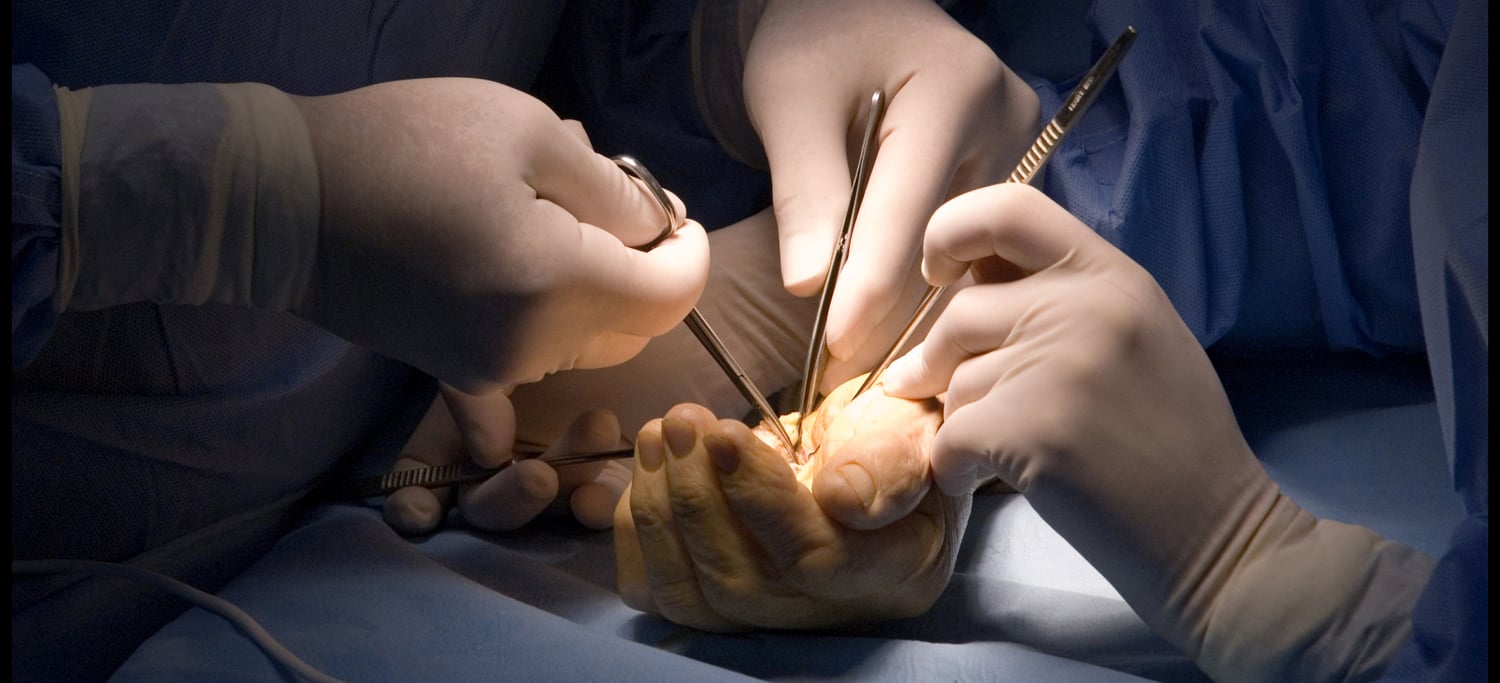Carpal tunnel surgery, or carpal tunnel release surgery, is a type of treatment that cures or eases the symptoms of carpal tunnel syndrome. This condition involves pain, numbness, and tingling in your hand and/or arm. Genetics may play a role and repetitive hand use or hand injuries due to sprain or fracture are common causes. Carpal tunnel syndrome has also been linked to diseases such as thyroid disease, diabetes, and rheumatoid arthritis.
What you should know about carpal tunnel surgery:
Symptoms of Carpal Tunnel Syndrome

The carpal tunnel is located in the wrist. It is formed by the wrist bones on the bottom and the top inside of the wrist by the transverse carpal ligament. The median nerve and tendons run through this tunnel and they control the movement of your fingers. Injury to the carpal tunnel can cause swelling of tissues within the tunnel. This may put pressure on the median nerve. This can cause pain, numbness, tingling of the hand and wrist, and loss of function if not treated. Symptoms generally start slowly, get worse over time, and are usually more noticeable on the thumb side of the hand.
Carpal Tunnel Treatment
After your doctor diagnoses you with carpal tunnel syndrome, they will likely want to try nonsurgical treatment options first to relieve swelling and pain. These treatments may include physical therapy, changes to the equipment you use at work, wrist splints, steroid injections, and over-the-counter pain medicines.
Your doctor may recommend surgery if nonsurgical interventions do not relieve the pain or if the carpal tunnel symptoms last 6 months or longer. Another reason for surgical treatment is if the muscles of the wrists and hands are weakening and getting smaller because of severe pinching of the median nerve.
What to Expect from Carpal Tunnel Surgery
There are two types of carpal tunnel release surgeries and both are usually outpatient procedures. Depending on the circumstances, this surgery may be under local or general anesthesia.
The more traditional method is the open release. With this type of surgery, your surgeon will use a local anesthetic to numb the wrist and hand. They will then cut a 2-inch incision on the wrist and cut the carpal ligament to enlarge the carpal tunnel. To finish up the surgery, the surgeon will stitch up the incision(s) and then will bandage and splint your wrist to keep it from moving. After the procedure, you will be monitored for a short period of time. You will then be able to go home. An overnight stay in the hospital may be necessary only in rare cases when complications occur.
The other type of carpal tunnel surgery is an endoscopic carpal tunnel release. In this surgery, the doctor makes two half-inch incisions, one on the wrist and one on the palm. They will then insert a narrow tube with a camera attached into one incision. The surgeon uses this camera to guide them as they cut the carpal ligaments through the second incision. As with the open method, the surgeon will then close the incisions and stabilize the wrist to prevent movement.
Carpal Tunnel Surgery Risks
As with any other procedure, carpal tunnel surgery is not without risks. Along with the risks from anesthesia, these can include bleeding, infection, injury to the median nerve or the nerves that branch out from it, and injury to nearby blood vessels. Your wrist may take several weeks to several months to heal and your scar may remain sensitive. If the median nerve has been compressed for a long period of time, recovery may take even longer. Your wrist will be in a splint and your physician will likely recommend physical therapy to strengthen and heal your wrist and hand. Your doctor will advise you on the best time for you to return to work and any protocols you will need to follow once you return.
It is important to let your doctor know if you notice any fever, increased pain, redness, swelling, bleeding, or any drainage from the incision site(s).
Hand Surgery by Hess and Sandeen
Why live with the pain of carpal tunnel syndrome? Our hand surgeons are experienced and compassionate. Hess and Sandeen can provide individualized care to treat your hand pathology.










